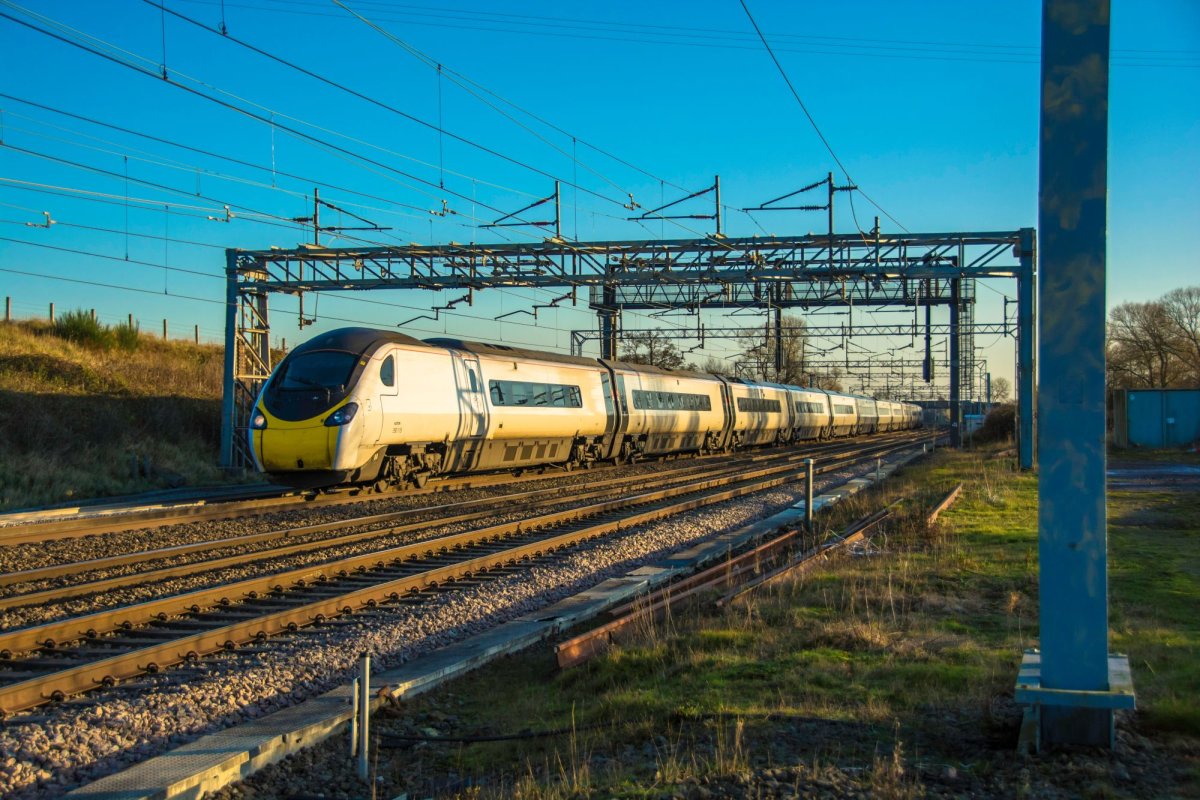Overview of UK Railway Reform
Whoever wins the next General Election, the UK’s railway needs a fresh start when it comes to rail policy.
Current Political Landscape
In recent weeks, major political parties in the UK have been outlining their visions for the future of the rail industry. The Conservative Government has introduced plans in a Draft Rail Reform Bill, while the parliamentary Transport Select Committee (TSC) is currently seeking input on the proposed bill.
Last week, the Labour party unveiled its own proposals, with rail reform being a central focus of its policy agenda. There is a growing consensus within the railway sector on the critical need for better coordination and planning, emphasizing the importance of early reform implementation in the next Parliament to enhance performance and sustainability.
Key Proposals and Initiatives
The Transport Select Committee has initiated the review process of the Government’s Draft Rail Reform Bill. This presents a crucial opportunity to refine the legislation and have it prepared for enactment by the incoming Government. Labour’s commitment to address this in its initial legislative agenda is a positive step.
Notably, the influence of Keith Williams, a key figure in rail reform, has shaped the approaches of both the Conservative and Labour parties towards industry reform. His strategic vision, outlined in a review conducted six years ago, advocated for a clear direction in rail policy. The Railway Industry Association (RIA) has long advocated for a comprehensive rail strategy, welcoming Labour’s pledge to review it every five years.
Long-Term Vision and Economic Impact
A multi-decade strategy would enable setting ambitious goals to address transportation challenges and drive economic growth in key cities like Birmingham, Manchester, and Leeds. It also paves the way for achieving a Net Zero railway by 2050, ensuring sustainable and efficient rail operations.
Stability in investment is crucial for the railway sector, as fluctuating funding cycles have proven to be costly and disruptive. A consistent, long-term investment approach not only reduces costs significantly but also creates sustainable employment opportunities within the UK. Labour’s commitment to an industrial strategy for rolling stock and rail manufacturing is a step in the right direction.
Towards a Sustainable Railway
The RIA has proposed a pragmatic strategy focused on achieving a Net Zero, cost-effective, and high-performing railway system. This involves swift decisions on adopting new technologies like battery-powered trains and a clear roadmap for electrification. A coordinated approach can mitigate the historical investment fluctuations in rolling stock and electrification projects.
With rail ridership returning to pre-pandemic levels, there is a projected increase in passenger demand by 2050, presenting a significant growth opportunity. A comprehensive rail plan aligned with long-term objectives can stimulate economic development nationwide, offering a unique chance to reshape the railway sector for the better.
Looking Ahead
The proposed rail reforms by the Labour party signal a positive direction for the industry. The upcoming manifestos of other political parties will shed further light on their commitments to the rail sector, setting the stage for a transformative period in UK rail policy.
















































